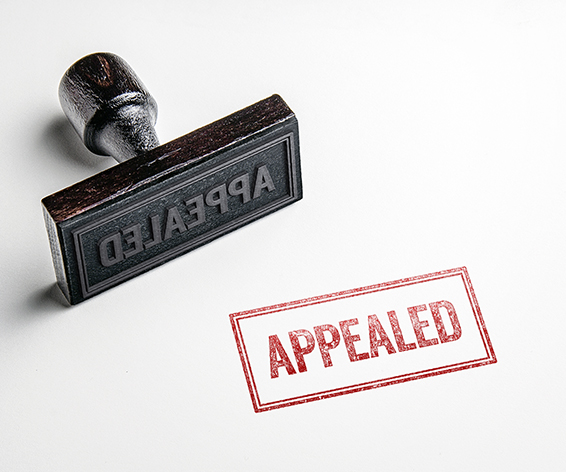
Appeals
Understanding the basics of appellate review is crucial if you’re considering challenging a verdict. At High Country Legal Group, we guide you through this complex process, ensuring your rights are protected every step of the way.
Basics of An Appeal: An appeal is not a new trial. The appellate procedure allows different judges than the one who oversaw your trial to review the proceedings. You are not permitted to introduce new evidence or to examine witnesses at this stage.
Appeals are granted based on two reasons:
- To determine whether the lower court made any serious error that affected the outcome of the trial
- To determine if the verdict in the trial went against the weight of the evidence
Appeals are granted for two primary reasons:
- To assess if serious errors occurred during the trial that influenced the outcome
- To determine if the verdict in the trial went against the weight of the evidence
To file a successful appeal, you must demonstrate specific grounds which include:
- Evidence was improperly admitted or excluded at trial.
- The judge made a sentencing error.
- The jury engaged in misconduct.
- The prosecution withheld evidence from the defense.
- The prosecution acted in a manner adverse to justice.
- Your trial attorney provided ineffective assistance of counsel.
If we represented you at trial, we were careful to preserve issues for appeal so we are prepared to file your brief in a timely manner. If you were represented by a different lawyer, we urge you to follow up promptly to determine whether you have grounds for an appeal
The Appellate Courts
Immediately after your conviction, we begin to prepare your appellate brief to be sent to the court. If we do not prevail at the first appellate stage, we appeal to the next in this order:
- Municipal/county court appeals go to the district court.
- Appeals from the district court go to the Court of Appeals.
- Appeals from the Court of Appeals go to the Colorado Supreme Court.
- Appeals from the Colorado Supreme Court go to the U.S. Supreme Court.
- At any level, the court may overturn your conviction or remand your case back to the trial court. The trial judge must make corrections for errors, and the prosecution can decide whether to initiate a new trial. The court may also uphold your conviction. Even if all levels of appeal are exhausted, you can seek post-conviction relief through Rule 35(c) litigation.
